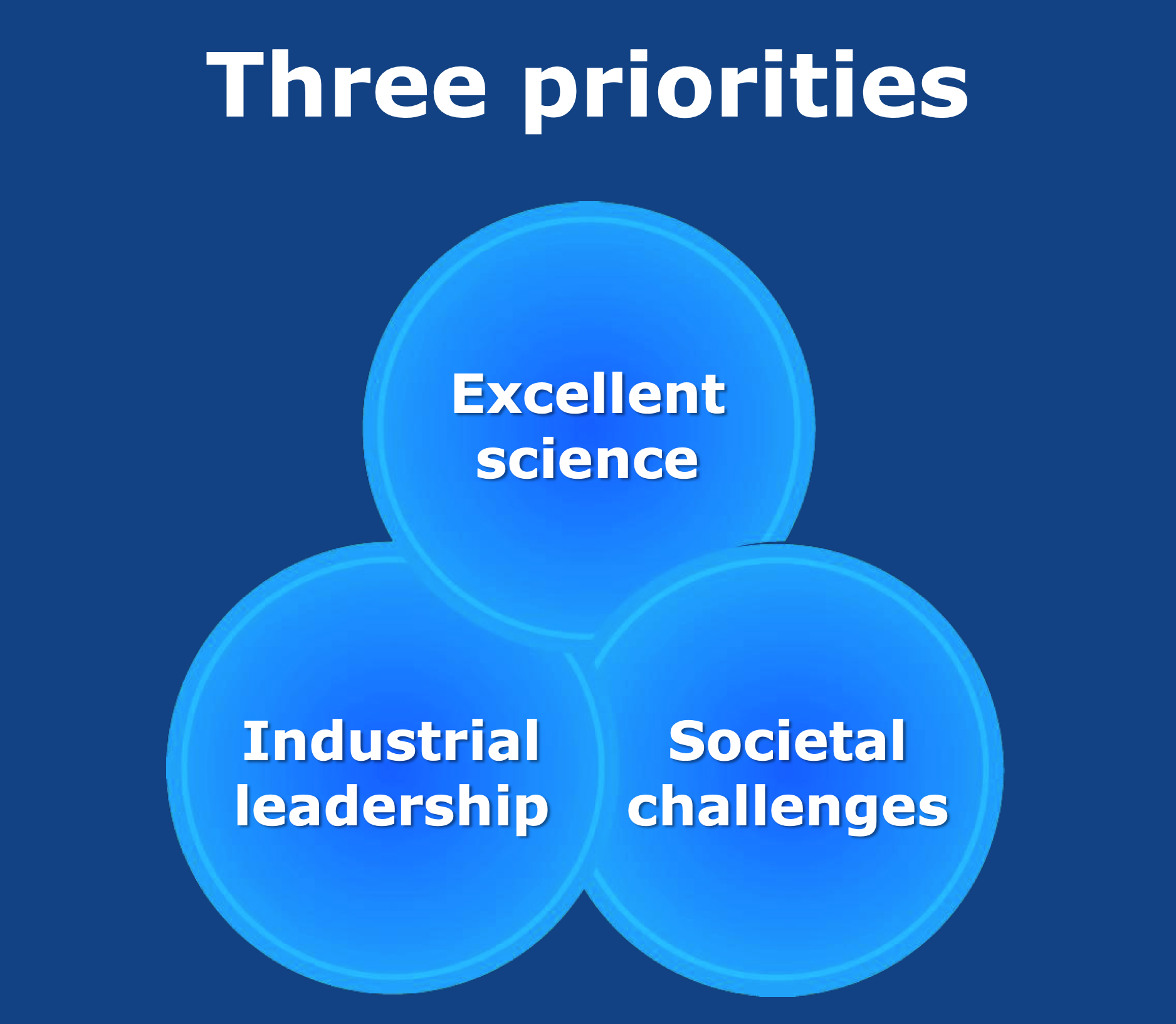The president of EU’s European Research Council, Professor Mauro Ferrari, has resigned, arguing that the science policy system of the union has failed. This event actually tells us a lot about the way parallel views on the role of science in society shape the organization of research and innovation policy in Europe.
Per Koch, editor of Forskningspolitikk
Mauro Ferrari tried to set up a special program to fight the coronavirus. Science Business reports that he had failed to convince EU officials to establish such a research program:
“The proposal was rejected unanimously by the governing body of the ERC, without even considering what shape or form it may take,” Ferrari said. “I am afraid that I have seen enough of both the governance of science, and the political operations at the European Union.”
Stop the pandemic
In a piece in The Financial Times he wrote:
«Please forgive me, but I believe that the priority now is to stop the pandemic. The priority is to save possibly millions of lives. It takes precedence over careers, politics, even the beauty of certain science. Please forgive me, but I believe in science at the service of society, especially when it counts the most. And now it does count the most, since it is only through science that Covid-19, and its successor pandemics, will ever be defeated.»
At the core of the problem we find Ferrari’s understanding of what the European Research Council is meant to be. He correctly understood that the pandemic requires urgent European action and that research will have to be part of the solution. He failed to understand that the European Research Council is not the kind of body that is set up to do that. Indeed, the ERC was deliberately created to serve the science community and the scientists, and not to address urgent societal needs.
Parallel worlds
The EU research and innovation policy system is in many ways the result of a compromise between different views of the role of science in society. This construction is also a compromise between different interest groups.
The European Research Council reflects the old linear model of innovation. Put money into the black box called science and science will eventually come up with new knowledge and new ideas that may be turned into something useful and beneficial to society. But that takes time. This is the world where «scientific excellence» trumps societal relevance anytime. The ERC belongs to the scientists, and they know how to defend their power.
The European Institute of Innovation and Technology (EIT) reflects another paradigm: The technology push paradigm, where applied research and industry collaborate in order to produced useful inventions and technological solutions. For the EIT the entrepreneur is the hero.
The idea that research and innovation policy should be oriented towards global challenges is reflected in other parts of Horizon 2020, the EU framework program for research and innovation. Both ERC and EIT are part of Horizon 2020, but they are not instruments set up to address societal challenges directly. There are other programs for societal challenges, including health and demographic change, sustainable food production, clean energy, smart transport climate action and more.
Ferrari’s goal was admirable, but he was captain of the wrong part of Horizon 2020. The ERC is for bottom up research and innovation, not for top down strategic initiatives addressing urgent challenges.
Science Business reports that officials in Brussels argue that they have mounted a fight against COVID-19 on the scale Ferrari called for, «with up to €137.5 million in funding for R&D projects working on diagnostics, treatments and vaccines and another €164 million for start-ups and SMEs with innovative solutions to tackle the outbreak.»

Tragic
“It’s tragic,” said Helga Nowotny, who was president of the ERC from 2010 to 2013 according to Science Business. “He thought his role was like that of chair of a board. He wanted to bring some of the entrepreneurial spirit of the US but he failed to understand what the EU and ERC is all about.”
The ERC’s Scientific Council puts it this way:
«During his three-month term in office, Professor Ferrari displayed a complete lack of appreciation for the raison-d’être of the ERC to support excellent frontier science, designed and implemented by the best researchers in Europe. Although voicing his support for this in public pronouncements, the proposals he made to the Scientific Council did not reflect this position. He did not understand the context of the ERC within the EU’s Research and Innovation Programme Horizon 2020.»
Ferrari should have predicted the kind of resistance his approach would lead to. If the science community agreed to this, that would undermine the kind of protection the ERC has against urgent social needs. However, it is worrying that EU cannot draw on all parts of the research and innovation policy machinery when facing a crisis as urgent as COVID-19.
Top photo: Mauro Ferrari (European Research Council)

